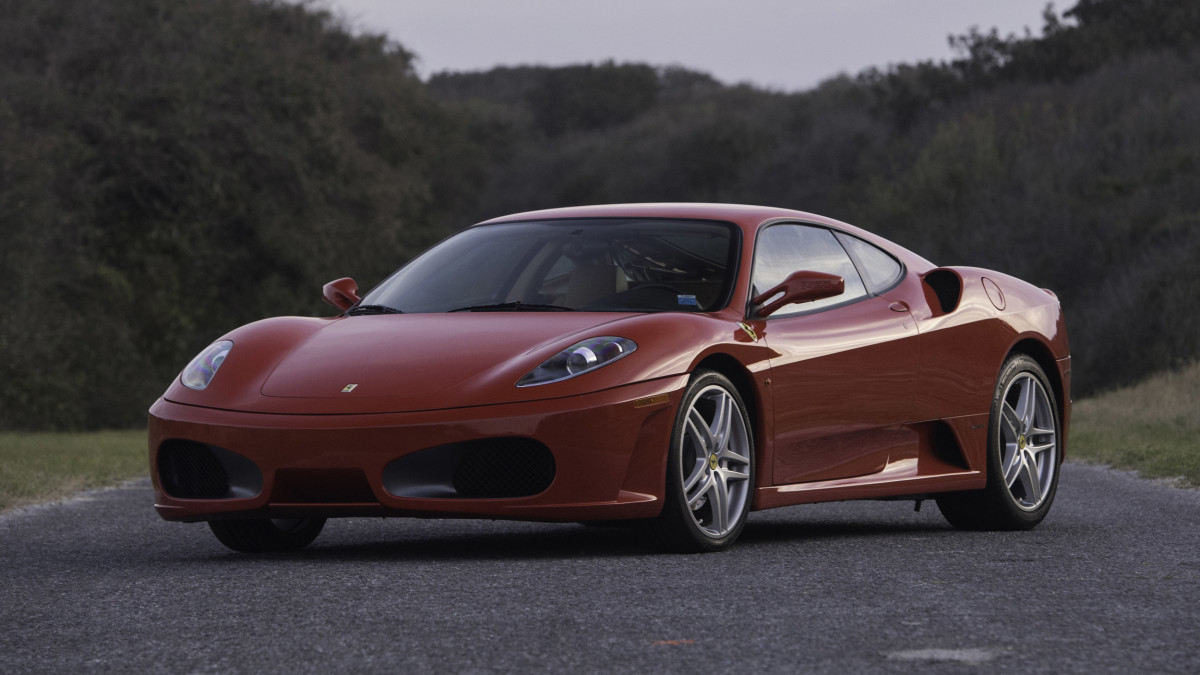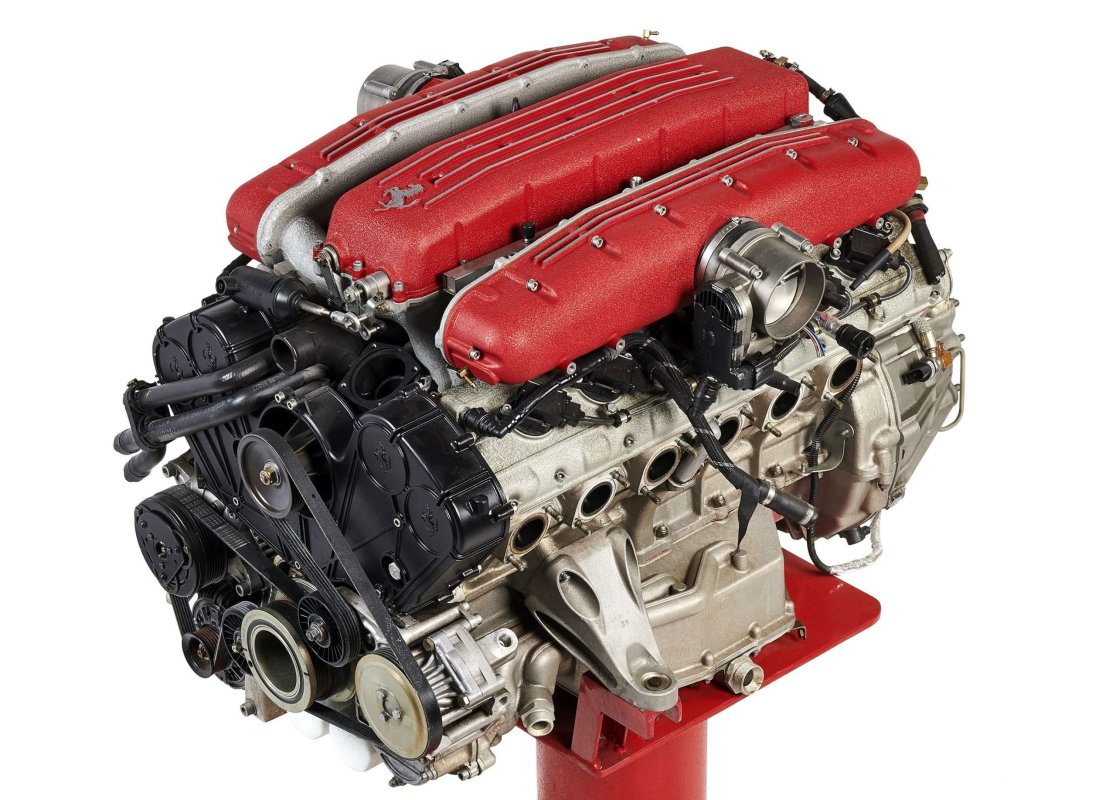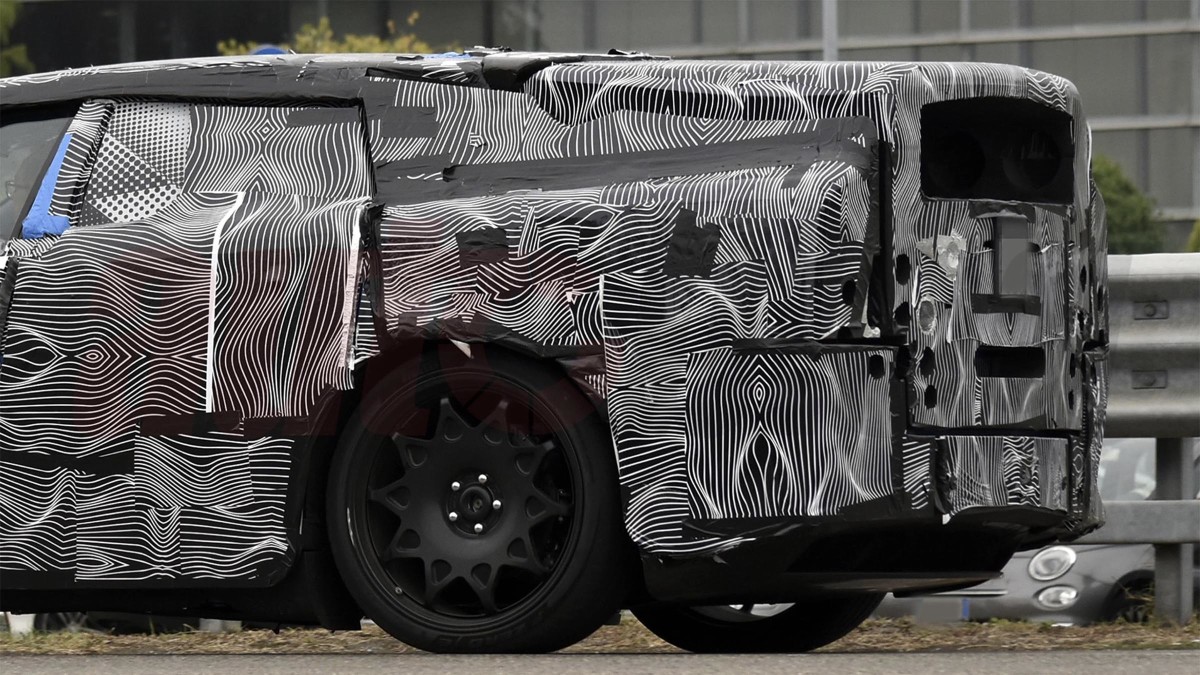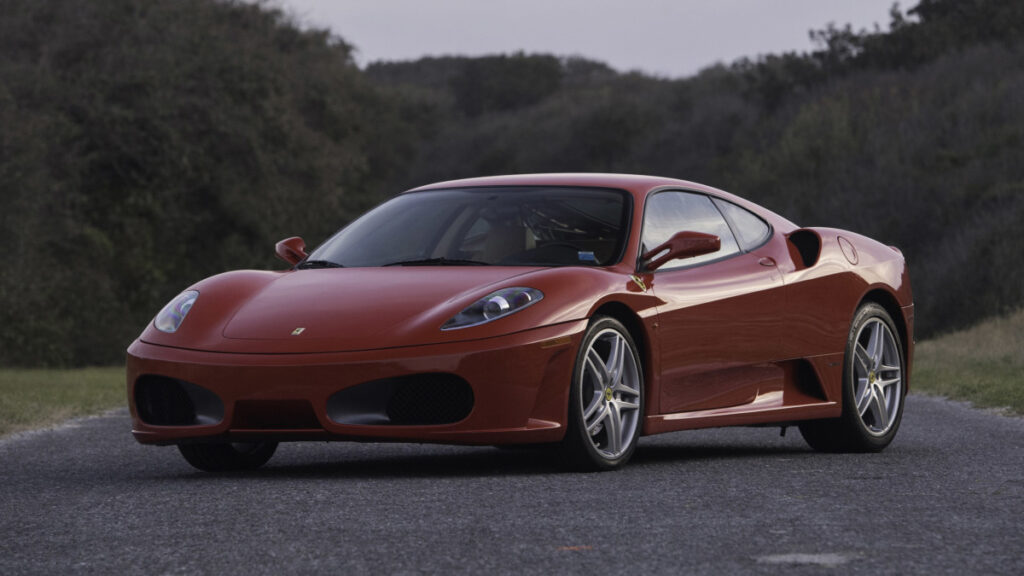Ferrari has confirmed that internal combustion will remain a cornerstone of its lineup, even as the company accelerates its hybrid and electric programs. At its 2025 Capital Markets Day, Ferrari outlined a long-term plan to continue producing its iconic V6, V8, and V12 engines well into the next decade, calling combustion “part of Ferrari’s DNA.”
The Maranello automaker says this approach is rooted in “technology neutrality”, a philosophy that treats gasoline, hybrid, and electric propulsion as complementary, not competitive. By 2030, Ferrari expects its global lineup to be 40 percent internal combustion, 40 percent hybrid, and 20 percent fully electric, a mix that contrasts with rivals going all-in on EVs.
CEO Benedetto Vigna told investors the brand’s goal is not to abandon combustion but to evolve it, improving efficiency and ensuring compatibility with synthetic fuels. He emphasized that emotion, performance, and sound remain non-negotiable traits for Ferrari engines, whether they run on gasoline, electricity, or hydrogen-based alternatives.
Dirk de Jager © 2017 courtesy Auctions America
Heritage Still Matters in Maranello
The announcement reinforces what enthusiasts have long suspected: Ferrari will not silence its most defining trait anytime soon. Legendary models like the 2007 Ferrari F430 remind fans why naturally aspirated and turbocharged V8s are so revered, combining instant throttle response with visceral acoustics that no EV has yet replicated.
The same heritage extends to grand tourers such as the 2014 Ferrari California, a convertible that balanced comfort and performance, proving that luxury and speed can share the same badge. Even rarities like the 1952 Ferrari 212 Inter demonstrate how combustion has always been central to Ferrari’s identity, a legacy the brand intends to preserve.

Balancing Emotion and Regulation
Ferrari’s commitment comes at a time when global emissions rules are tightening. Europe’s zero-emission targets for 2035 will test how long manufacturers can sustain combustion without penalties. Ferrari believes synthetic fuels will provide a lifeline for high-performance engines, allowing it to meet regulations while retaining the sound and feel customers expect.
That confidence also reflects Ferrari’s unique market position. With tightly limited production and high prices, the company faces less regulatory pressure than mass-market brands. Its customers buy experience as much as technology, and that gives Ferrari room to innovate across multiple propulsion paths instead of rushing headlong into electrification.

Why It Matters
While Ferrari’s first EV, the Elettrica, arrives in 2026, the company insists it won’t replace its V12s or V8s with silence. Instead, the electric model will expand the brand’s portfolio rather than redefine it. The strategy is designed to ensure Ferrari’s core identity remains intact, even as performance evolves.
In a world increasingly dominated by battery cars, Ferrari’s reaffirmation is a statement of intent, that technology may change, but emotion still rules. For purists, that means the roar of a V12 echoing through Maranello’s hills is still the company’s future.
